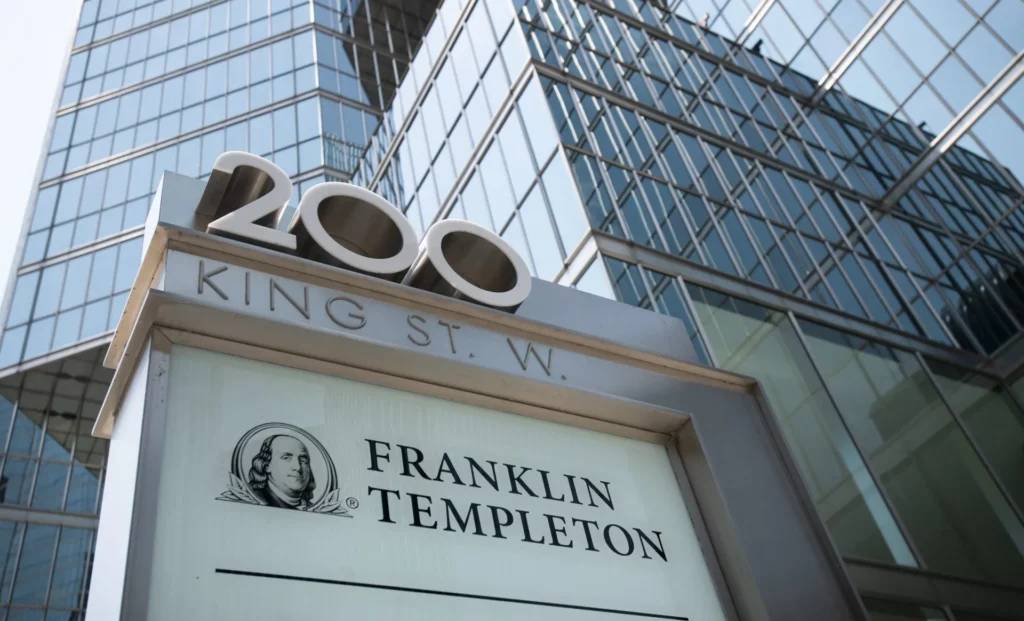
Franklin Templeton Cautions Against ‘Feedback Loop’ Risks in Crypto Treasury Sector
Analysts at Franklin Templeton Digital Assets have sounded a cautionary note regarding the burgeoning trend of corporations adding cryptocurrency, particularly Bitcoin, to their balance sheets. While diversification and potential for high returns are undeniable benefits of this strategy, Franklin Templeton warns that it also opens the door to systemic risks.
The investment management organization, officially known as Franklin Resources, has been vocal about the future of cryptocurrencies and is seeking regulatory approval to launch a new crypto index exchange-traded fund (ETF). Franklin Templeton’s experts have highlighted the danger posed by a negative feedback loop scenario in the corporate treasury sector.
According to reports, more publicly traded companies are capitalizing on growing investor interest in digital assets. Strategy, formerly known as MicroStrategy, was among the pioneers of this trend, having accumulated an impressive 597,325 BTC. MARA Holdings follows closely with 49,940 BTC. Japan-based Metaplanet has recently joined the ranks, securing a massive 13,350 BTC and surpassing Tesla, which holds 11,509 BTC.
Franklin Templeton’s experts have emphasized that as more companies raise capital by issuing instruments like equity offerings, convertible notes, and preferred shares to buy and hold digital assets on their balance sheets. This strategy allows them to capitalize on the potential for high returns. However, if the crypto market experiences a prolonged downturn, these firms may be compelled to liquidate their holdings to address debt or appease investors.
The resulting selling pressure could push prices lower, triggering additional sell-offs, and thereby fueling a self-reinforcing cycle of fear and losses. Franklin Templeton’s analysts warn that this negative feedback loop would intensify corporate and investor stress.
Furthermore, when a company’s market value slips below its net asset value (NAV), the issuance of new equity could actually dilute existing shareholders’ stakes. This development would render it increasingly difficult to raise capital, potentially disrupting growth and breaking the positive cycle upon which such models depend.
The investment firm has also noted that certain financial strategies, including at-the-market programs, private investments in public equity, preferred shares, and even complex instruments like SPACs and reverse mergers, can offer a range of risk-return profiles to investors. However, these approaches come with additional implications.
As the trend continues, Franklin Templeton stresses that the volatility inherent in crypto assets, often seen as a threat, actually facilitates this strategy. Volatility enhances the value of embedded options within financial instruments like convertible notes.
In conclusion, Franklin Templeton advises caution and vigilance against the dangers posed by negative feedback loops in the corporate treasury sector.
Source: www.crypto-news-flash.com


